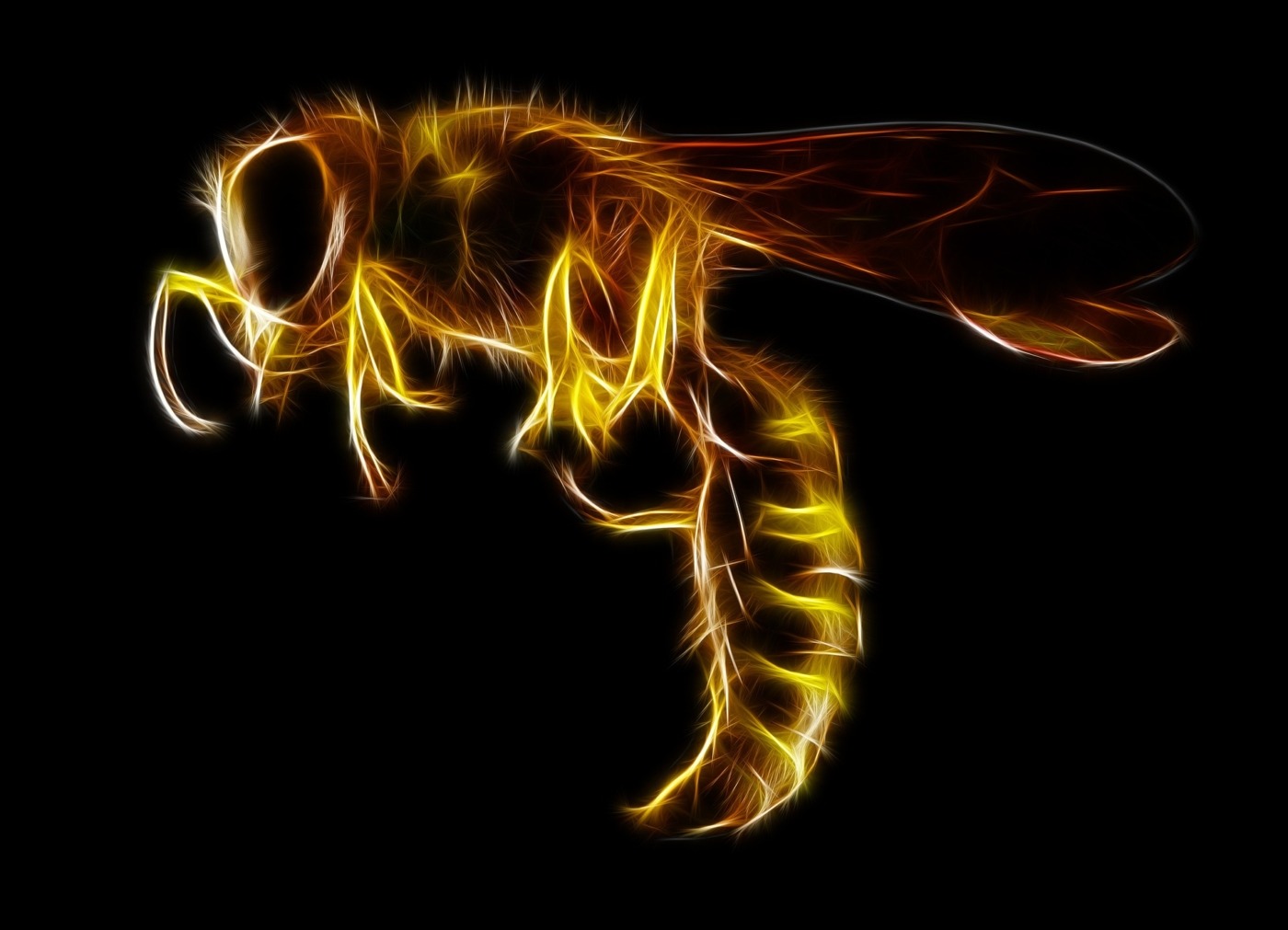Wasps: annoying pests or valuable pollinators?
There are many different types of wasp. You know them simply as the annoying black and yellow scourges of the sky, ruining al fresco dining and stinging people as if their lives depended on it. You could probably care less if they disappeared altogether. However, some scientists say that a world without wasps would be a bleak one indeed.
Dr Seirian Sumner, reader of behavioural ecology at UCL, says we should be viewing wasps as a beneficial insect. She believes that wasps are valuable pest controllers and that they reduce our usage of pesticides by being natural pest controllers. Research shows that a growing colony of wasps may remove up to 100 000 insects from a 185 square meter area. Dr Sumner says we are completely overlooking the services that they provide when we brush them off as “the maligned insect of the insect world” and “gangsters”.
Wasps are valuable pest controllers and reduce our usage of pesticides by being natural pest controllers
Dr Sumner and Prof Adam Hart of the University of Gloucestershire undertook a UK-wide survey of wasp species, dubbed the “Big Wasp Survey”, to map the distribution of wasp species across the UK and bring attention to the valuable services they offer us. 2000 people participated in the citizen science project in 2017, sending in over 6000 samples and producing a valuable map of wasp species across the UK, which was published in the journal Insect Conservation and Diversity. Prof Hart said of the study: “It was a simple but effective way to engage the public with the natural world, while also generating high-quality data”.
The UK has a wonderfully diverse selection of wasp species, with hundreds so far known to scientists. The most common species are the common yellowjacket, and the German wasp, together comprising 44% of UK wasp species. Many wasps live in large colonies similar to those of ants and honeybees, (in fact, wasps are also in the same biological order as ants and bees – the hymenoptera). Other species live in smaller nests in the ground, or within logs and other natural structures. Some wasps even construct their nests made from chewed up wood mixed with their special, glue-like saliva.
The most common species are the common yellowjacket, and the German wasp, together comprising 44% of UK wasp species
Wasps have a very large capacity for pest control. National Geographic said that: “Despite the fear they sometimes evoke, wasps are extremely beneficial to humans. Nearly every pest insect on Earth is preyed upon by a wasp species, either for food or as a host for its parasitic larvae.” This service is so valuable that it has been commercialised – certain wasp species are specifically bred to be released into gardens and fields as an alternative measure to using pesticides, which can be very harmful to both people and natural ecosystems.
Contrary to popular belief, most wasp species are not usually aggressive unless they feel there is a threat to them or their nest. In fact, only female wasps possess stingers – and the male wasps will bluff having a stinger if they feel threatened. Scientists believe the reason for this is that the stinger structure evolved from an ovipositor – a device used by the female to precisely deposit eggs.
Contrary to popular belief, most wasp species are not usually aggressive unless they feel there is a threat to them or their nest.
The main aim of the project was to assess the accuracy of citizen-science based approaches to data collection versus standard ecological surveys, and found that data collected in this way was actually less biased on a spatial scale than typical scientific methods, and for one wasp species, the two-week program generated more data than the scientific community had in the last forty years. The study concluded that for mapping insect diversity and distributions, citizen science can be incredibly valuable, reliable, and robust when combined with long-term expert recording.
So next time you hear that familiar buzzing sound during your Summer picnic, instead of reaching for the rolled up newspaper, perhaps consider the value wasps impart on nature, and how our ecosystems are better for having them.

Comments